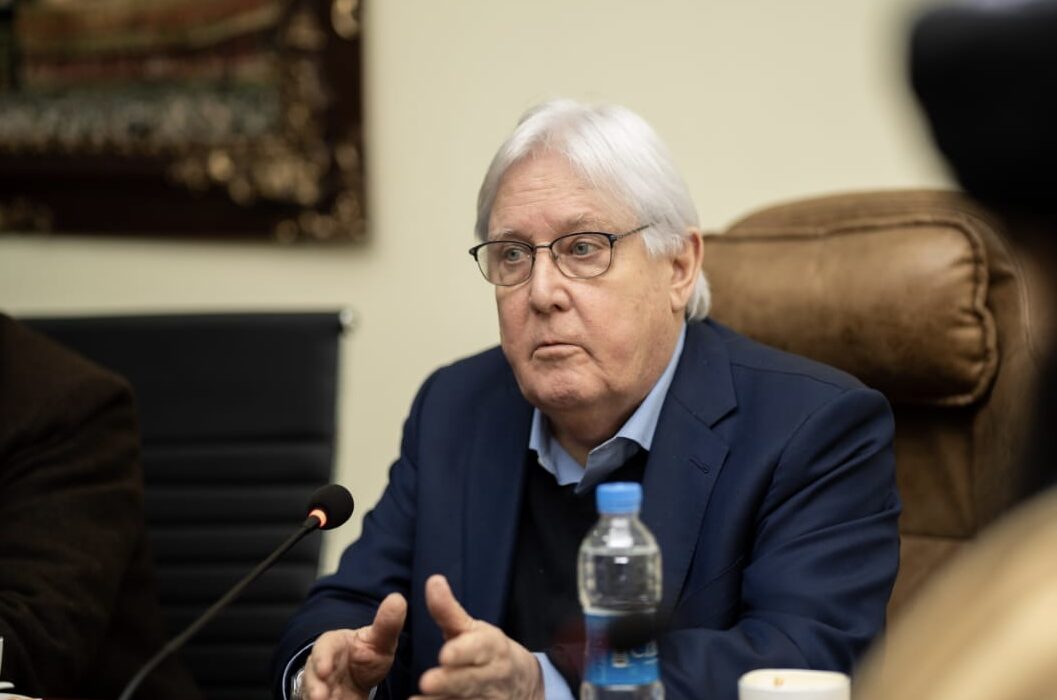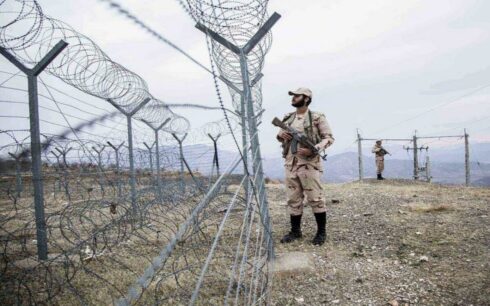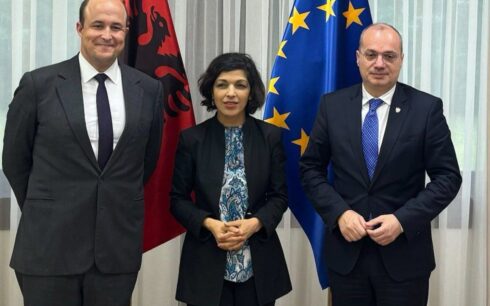The UN aid chief said on Wednesday that the humanitarian community is speaking with Taliban officials to try to secure further exemptions and written guidelines for female aid workers to return to work despite the current ban.
Speaking to Reuters, UN Under Secretary-General for Humanitarian Affairs Martin Griffiths said that during discussions with Taliban officials in Kabul over the last few days, his message was “if you can’t help us rescind the ban, give us the exemptions to allow women to operate.”
Taliban officials last month banned women from working in non-governmental organizations, a decision that triggered global reactions and led to the suspension of the activities of a number of aid agencies in Afghanistan.
Griffiths, who met with Taliban officials, including Sirajuddin Haqqani – who is blacklisted by the UN – said some exemptions to the ban had been granted in the health and education sectors and they are hearing signs of a possible exemption in agriculture.
But he said much more is needed, with nutrition and water and sanitation services a priority so as to prevent severe illnesses and malnutrition amid the ongoing humanitarian crisis in the country.
Griffiths said that based on discussions with Taliban officials in recent days, UN and humanitarian agencies were hopeful a set of written guidelines would be agreed to in the coming weeks that would allow for more female staff to return to work.
“The next few weeks are absolutely crucial to see if the humanitarian community … can stay and deliver,” he said.
But he cautioned that the final outcome was still not certain. He added that however, the United Nations would continue to try to operate in the country wherever they could, especially as there was a concern that international donors might not want to commit to the huge financial cost of aid at around $4.6 billion a year.
“I lose sleep about this, I really do,” he said, as quoted by Reuters, adding he would meet with donors in coming weeks to make the case for why Afghanistan needed aid during an intense humanitarian crisis in which 28 million people were in need of assistance, including six million who are on the brink of famine.





